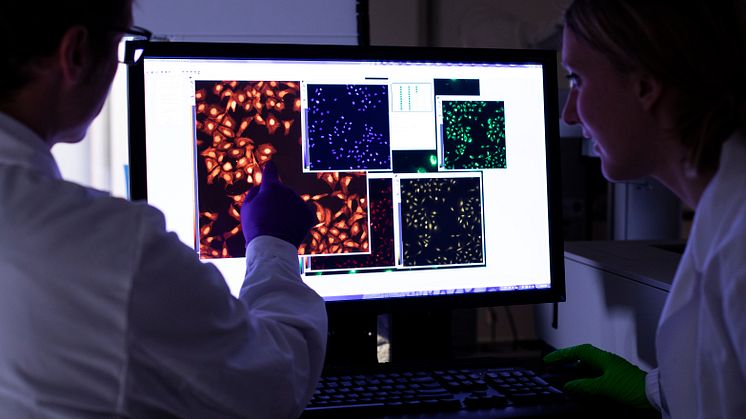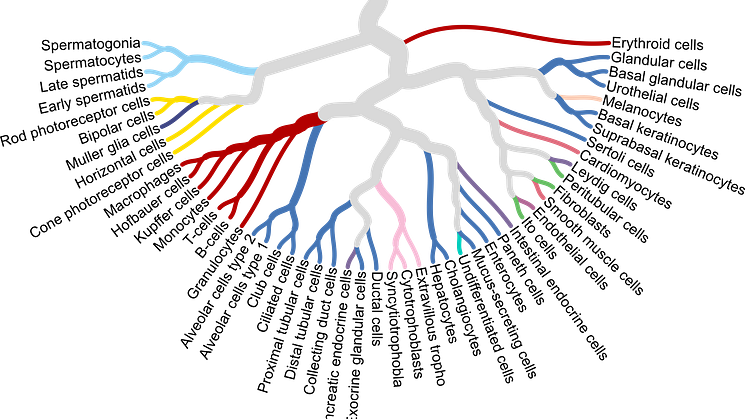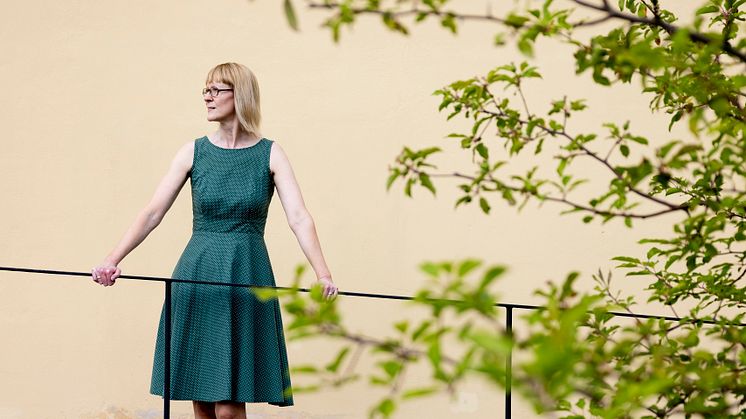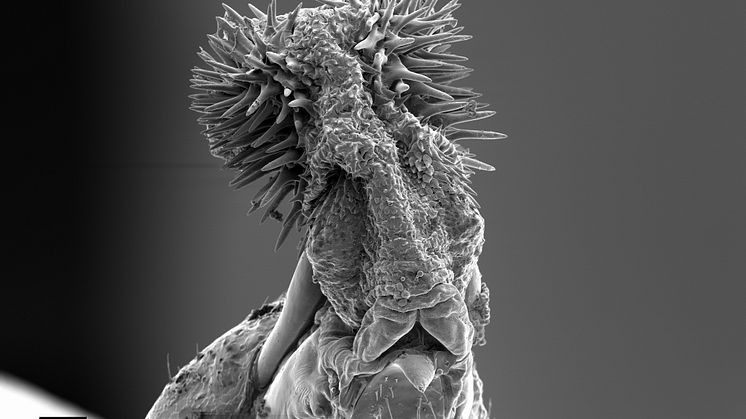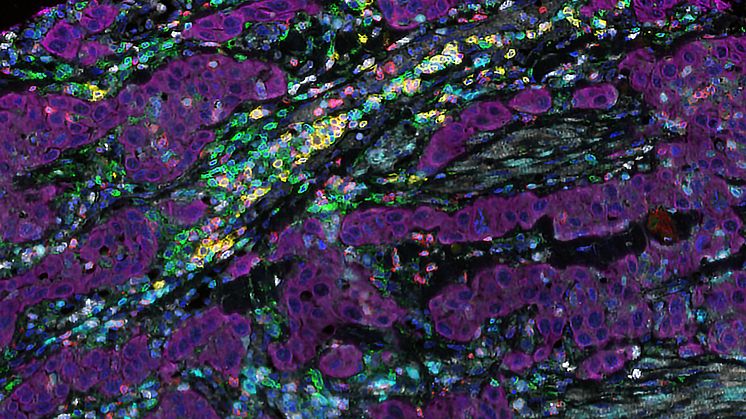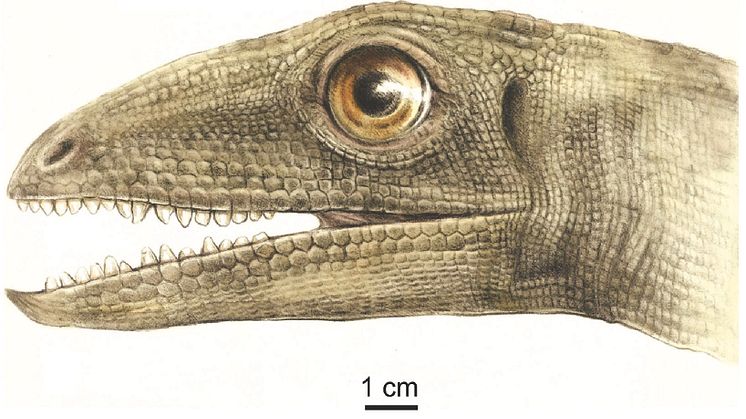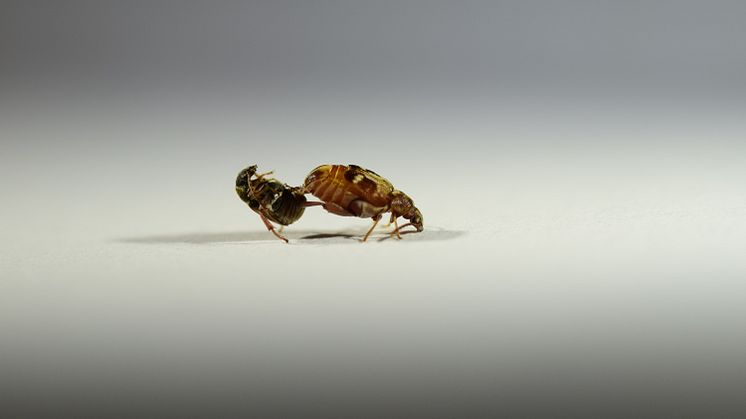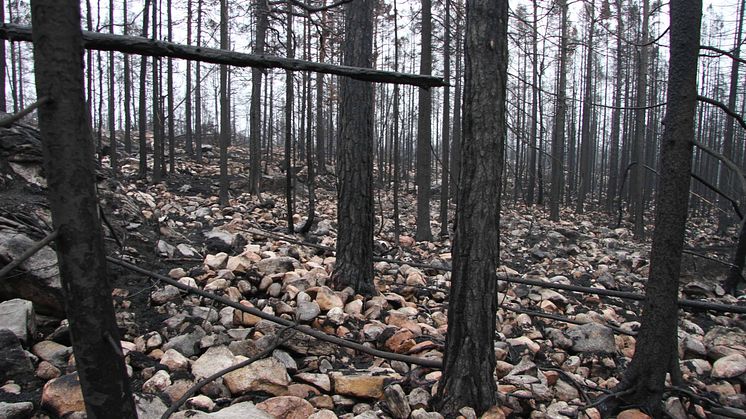Method for discovery of antiviral drugs
The current COVID-19 pandemic has highlighted the need for methods to identify new or repurposed drugs as antivirals. Researchers at Uppsala University and Karolinska Institutet are now presenting a new screening approach that focuses on the identification of virus-specific morphological changes in virus-infected cells.
